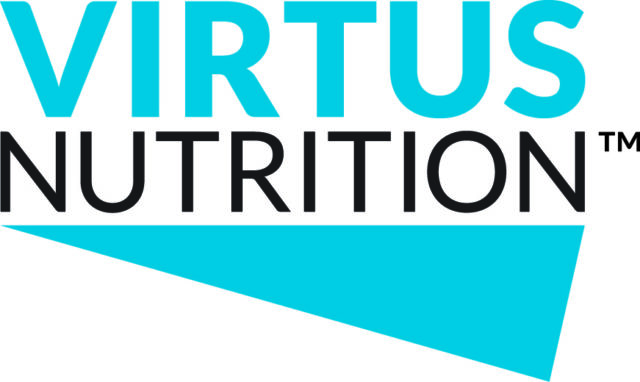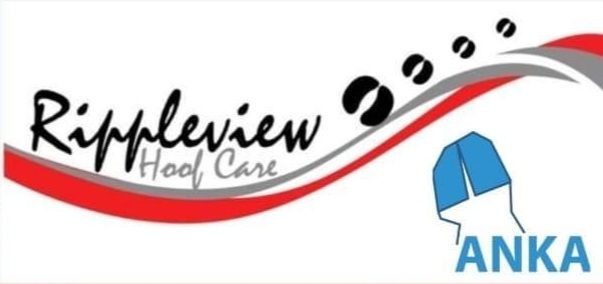After making a number of changes in the freestall barn and parlor at Legacy Farms in Shell Lake, Wisconsin, the farm has reduced its number of treated cows to less than 1 percent.
Rodney and Brenda Schloneger started Legacy Farms in 1977. Their four sons, Josh, Reuben, John and Noah, all have active roles on the farm. With the growth of family involvement, the farm grew as well from 30 cows to 120, then to 450 and now 950 cows.
The farm averages only two or three treated cows at a time. It used to feed pasteurized waste milk to the calves, but now feeds milk replacer because there isn’t enough non-saleable milk.
Here are the five things the family and some of the farm’s employees attribute to the drop in mastitis treatments:
1. Sand bedding
Three years ago, they decided to transition the existing freestall barn from mattresses to deep sand bedding.
“It was quite a bit of work,” Reuben Schloneger says. “We worked our way through the barn pen by pen.”
When the farm built a new cross-ventilated freestall barn in its latest expansion, it went with sand bedding there as well.
Fresh sand is added to the stalls once a week, and the barns are cleaned with a vacuum truck that dumps into a manure pit.
2. Larger milk claw
At the same time the farm retrofitted the freestalls, it converted its double-eight parlor to a new double-16 parlor. In doing so, it opted for a larger milk claw from Beco Dairy Automation.
“The bigger claw in the parlor keeps milk flowing away from the cow, eliminating two-thirds of mastitis cases,” says Eric Grotegut, an employee of the farm.
3. SmartDairy Management System
The parlor upgrade included the installation of BouMatic’s SmartDairy Management System. The system automatically manages pulsation, meters and detachers. Its addition has helped the dairy maintain a five and a half to six and a half hour milking time.
Schloneger says he likes having the daily milk weight information from this system to aid in management decisions.
4. Employee bonus
Every four weeks, farm employees working in the parlor have the chance to receive a $25 bonus for milk filter sock and parlor cleanliness.
“This helps in keeping the standards we want,” Schloneger says.
5. Written protocols
Written protocols and standard operating procedures (SOPs) allow the farm to communicate its standards to all employees. “We want to have everybody do everything the same at every milking,” Schloneger says.
To keep everyone on the same page, the milkers meet every two weeks to review these protocols and receive any updates. ![]()

-
Karen Lee
- Editor
- Progressive Dairyman
- Email Karen Lee
PHOTO: Converting an existing freestall barn from mattresses to deep sand bedding has helped dropped mastitis treatments at Legacy Farms. Photo by Karen Lee.




